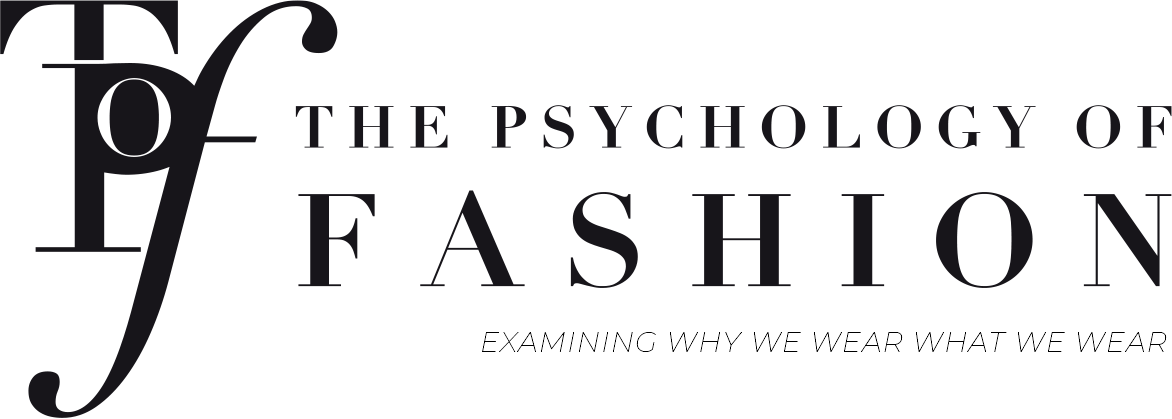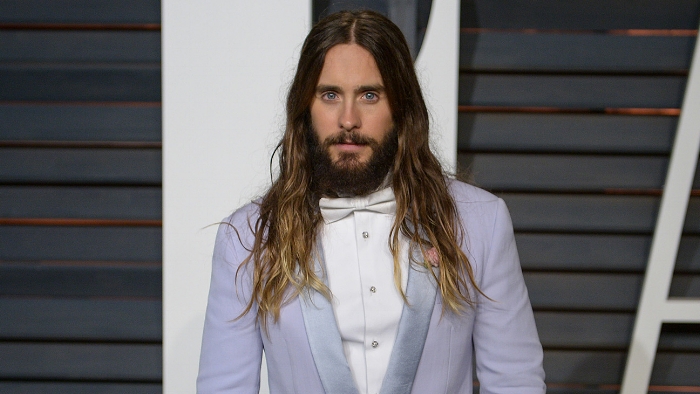Next time you walk past a mirror with a male counterpart, see if he takes a quick swivel toward the mirror. Observe whether or not he strokes his fingers through his hair, making sure every strand is in place. Even if he isn’t vain enough to fondle his hair, I can almost guarantee his hair is the first thing he’ll look at.
Several decades ago, most men would have suppressed this display of self-admiration. However, if you were a male walking pass a mirror with a female counterpart, you could almost predict her abrupt pause that undoubtedly ended with her primping something on her body. But times have changed, and research validates that men care about their appearance too. Women tend to focus on the amalgamation of their entire appearance — hair, skin, make-up, clothes, and shoes. Men, on the other hand, tend to focus on very specific areas of their appearance, such as the silhouette of their hair, and cleanliness of teeth and skin. The legendary James Brown, a man of distinctive hair, once echoed this thought when he said: “Hair is the first thing. And teeth is the second. Hair and teeth. A man got those two things he’s got it all”.
Hair has always been the primary indication of confidence for most men. When you consider that two-thirds of men see hair thinning by the age of thirty-five, and men’s hair restoration is a $1.5 billion industry, you began to understand how much confidence is contributed to a man’s hair. But why? In a small Canadian survey conducted by Rosemary Ricciardelli, men identified hair as being the primary link between their youth and attractiveness. Ricciardelli observed how men with a full head of hair — even the ones who weren’t particularly otherwise attractive — go out of their way to bring attention to their hair when meeting someone new. These full-haired men tended to be more relaxed and confident in demeanor when dealing with other individuals because they feel like they represent the standard for the ideal man. Ricciardelli helped prove this theory by asking the participants to physically describe their ideal male figure. All of the participants described men who were clean-cut with a full head of hair. We’re unconsciously groomed (pun totally intended) and conditioned (ha!) to think that a healthy man has a full head of hair. But how does this psychologically affect the way men actually feel in their hair? Perhaps a full head of hair reassures them of their healthy biological standing. Maybe the loss of hair reminds men of their mortal vulnerability. Even men with gray hair prefer the color change over balding.
As humans, when we lack a beneficial quality in one area of our lives, we naturally try to compensate for that flaw by accentuating our strengths. Could this be the type of behavior that bald men exhibit? In a recent study conducted by University of Pennsylvania researchers, men who espouse baldness — by choice or through heredity — were considered more masculine, more dominant, taller, and stronger than men with full heads of hair. But the benefits stopped when rating the bald men's appearance. Bald men were considered less attractive than men with full heads of hair. They were also described as looking at least four years older than their actual age. Researchers discovered that men who are bald aren’t as self-absorbed as men with full heads of hair. They focus on more dominating traits like aggressiveness, physical strength, and relentless ambition. Instead of putting an emphasis on a full head of hair, they find other ways of exuding attractive magnetism.
Of course there are exceptions to the rules — there are bald men who are considered exceptionally attractive and bald men who have a younger appeal. Nevertheless, bald men are more inclined to work harder on the facets of life they can control rather than areas of life that are subject to nature’s unfairness.
Beards also matter, as facial hair is also a key part of men’s self-identification. In a study conducted by Barnaby Dixson and Paul Vasey, men with facial hair were considered more aggressive than clean-shaven men. Both men and women found men with facial hair to be more masculine, with a higher social status, than men who were clean-shaven. More interestingly, men who are bald tend to accentuate their facial hair as compensation for balding. With the double whammy of baldness and facial hair, a man’s masculine appeal could be through the roof.
Enter the perennial chicken-or-egg question: does a man’s hair shape his personality, or does his personality dictate how he wears his hair? Why not both?
Social perceptions have undoubtedly defined how men feel about their hair. Many of these associations about lush locks and manliness are developed through social constructs. With hair, men feel more attractive and youthful because society (media, models, fashion) has stamped an emphasis on hair being an attractive male trait. And yet, baldness doesn’t necessarily equate to unattractiveness. Baldness may very well represent the shift of focus from social standard of attractiveness to quality development in personality. If we remove the social standard of what the ideal man looks like, there’s no question that it will be chiefly men’s personalities that will control how they wear their hair. Most men who express themselves through their hair, particularly with looser, unstructured hairstyles, are often creative individuals who want to express their non-conformist ideals through their appearance. Even more corporate men, who spend hundreds of dollars on clean-cut haircuts and Kérastase, subconsciously use their hair as a communication tool. The not-a-hair-out-of-place guy’s perfect mane implies that he has his affairs in orders and probably more than several types of insurance. As is often the case with psychology, everything is interconnected. The man’s personality is what dictated his choice of hairstyle and his vocation. He is the common denominator. But perhaps with more outliers – men who own their baldness, the corporate guy with longer hair, or even a slick-haired creative – we can diversify the norm and give men the freedom to choose.












As news of PSYKHE’s launch spreads, The Psychology of Fashion and PSYKHE’s founder Anabel Maldonado sat down with editors at Forbes and WWD to discuss the platform, the journey and why the world needs personalization powered by AI and psychology.